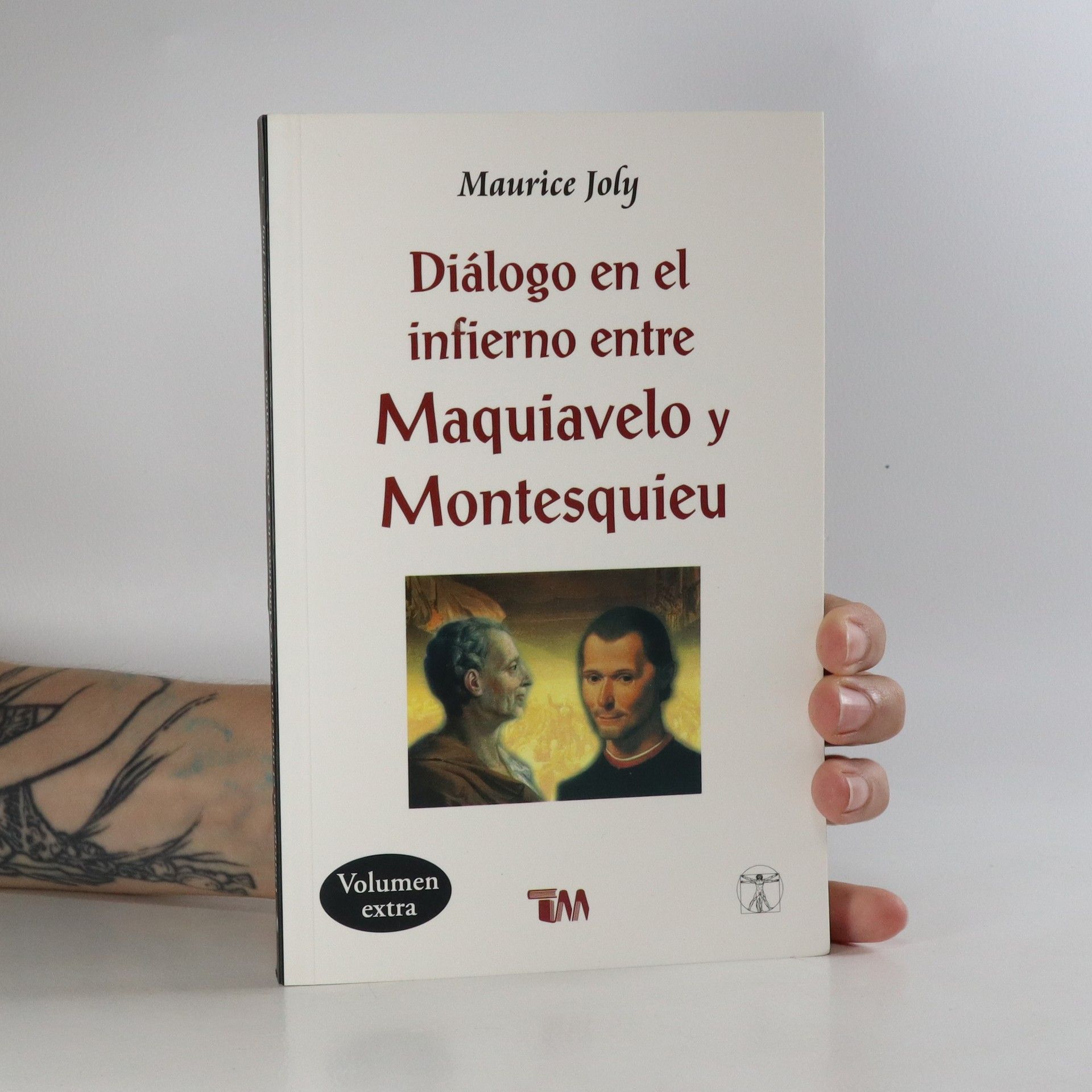Maurice Joly Reihenfolge der Bücher (Chronologisch)
Dieser Autor befasst sich mit den komplexen Beziehungen zwischen Macht und Ethik, oft durch Dialoge, die verborgene Motivationen und philosophische Argumente beleuchten. Sein Schreiben zeichnet sich durch scharfe Beobachtungen politischer Mechanismen und tiefgründige Betrachtungen über die Natur der Regierungsführung aus. Er zeichnet sich durch die Gestaltung überzeugender Ideenkonflikte aus, die den Leser dazu anregen, seine eigenen Ansichten über Gerechtigkeit und Autorität kritisch zu bewerten. Sein Werk zeugt von der anhaltenden Relevanz klassischer politischer Philosophien in der modernen Welt.




Wer nach oben will, muß vor allem die richtigen Fähigkeiten haben: Er muß sich verstellen können, die Interessen und Schwächen seiner Mitmenschen richtig einschätzen und ausnutzen, Helfer und Beschützer mobilisieren und im geeigneten Moment das Lager wechseln können. Hellsichtig und zeitlos beschreibt Maurice Joly in seinem 'Handbuch des Aufsteigers' aus dem Jahre 1867 den Weg zu Ruhm und Macht.